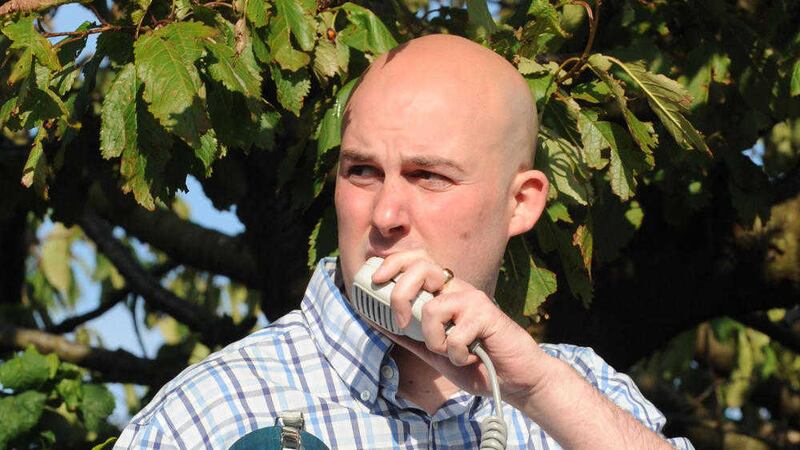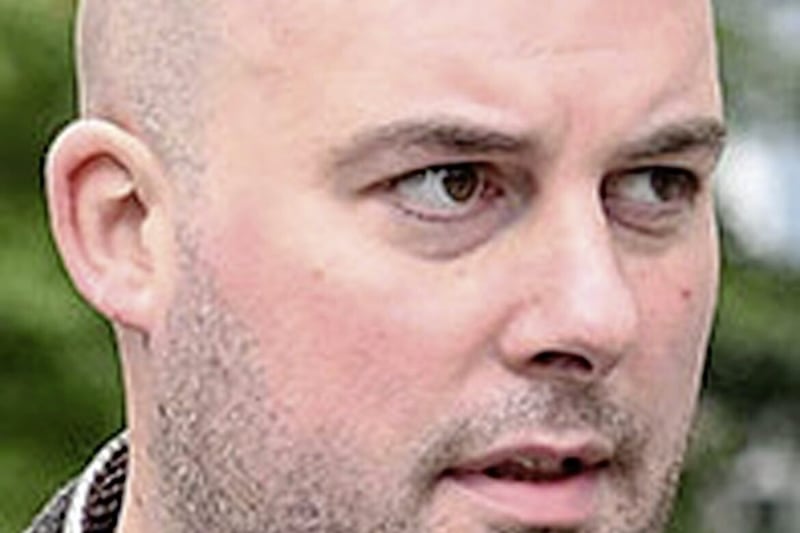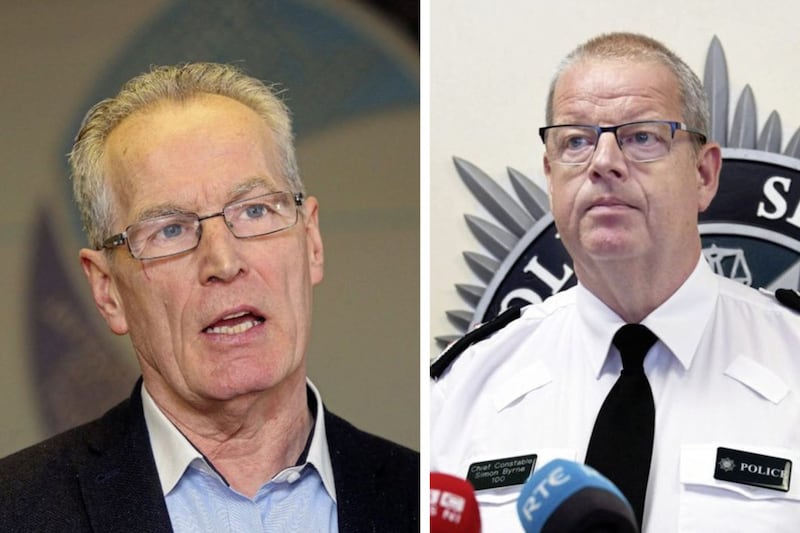A prominent dissident republican activist charged with encouraging terrorism is no longer barred from making any public speeches.
The prohibition imposed on Damien "Dee" Fennell was relaxed at the High Court to allow him to address community events.
But a judge stressed that the 33-year-old must not address any meetings promoting terrorism or the interests of a paramilitary grouping.
Fennell, from the Ardoyne area of north Belfast, is also accused of inviting support for a proscribed organisation.
The charges relate to a speech he gave during a 1916 commemoration event at St Colman's graveyard in Lurgan, Co Armagh on Easter Sunday last year.
His address was recorded and broadcast on the internet, only to be removed following media reports that police were investigating the contents.
At a previous hearing the prosecution said PSNI officers searched Fennell's home last April and recovered one page of the hand-written speech behind a kitchen microwave.
The accused denied encouraging any terrorism following his arrest.
In a prepared statement during police interviews he described comments about the armed struggle and existence of the IRA as his personal opinion.
Fennell, a spokesman for the Greater Ardoyne Residents Collective, which opposes Orange Order marches through the area, was said to have been addressing an event organised by the Irish Republican Prisoners Welfare Association.
Part of the speech claimed a "British micro-minister" would later be attending the same graveyard.
Prosecution counsel said this was believed to be a reference to one of the Sinn Fein ministers at Stormont.
Fennell has been on bail since June last year, with his conditions including a blanket ban on making public speeches.
His lawyer applied yesterday for a variation on that, arguing that it was disproportionate.
Peter Corrigan also contended that the defendant's entitlement to freedom of expression, under the European Convention on Human Rights, should be considered.
Granting the application, His Honour Judge Lynch emphasised that while the criminal case is continuing Fennell can only speak at meetings to promote community interests.
He remains banned from posting any material on social media or online.








